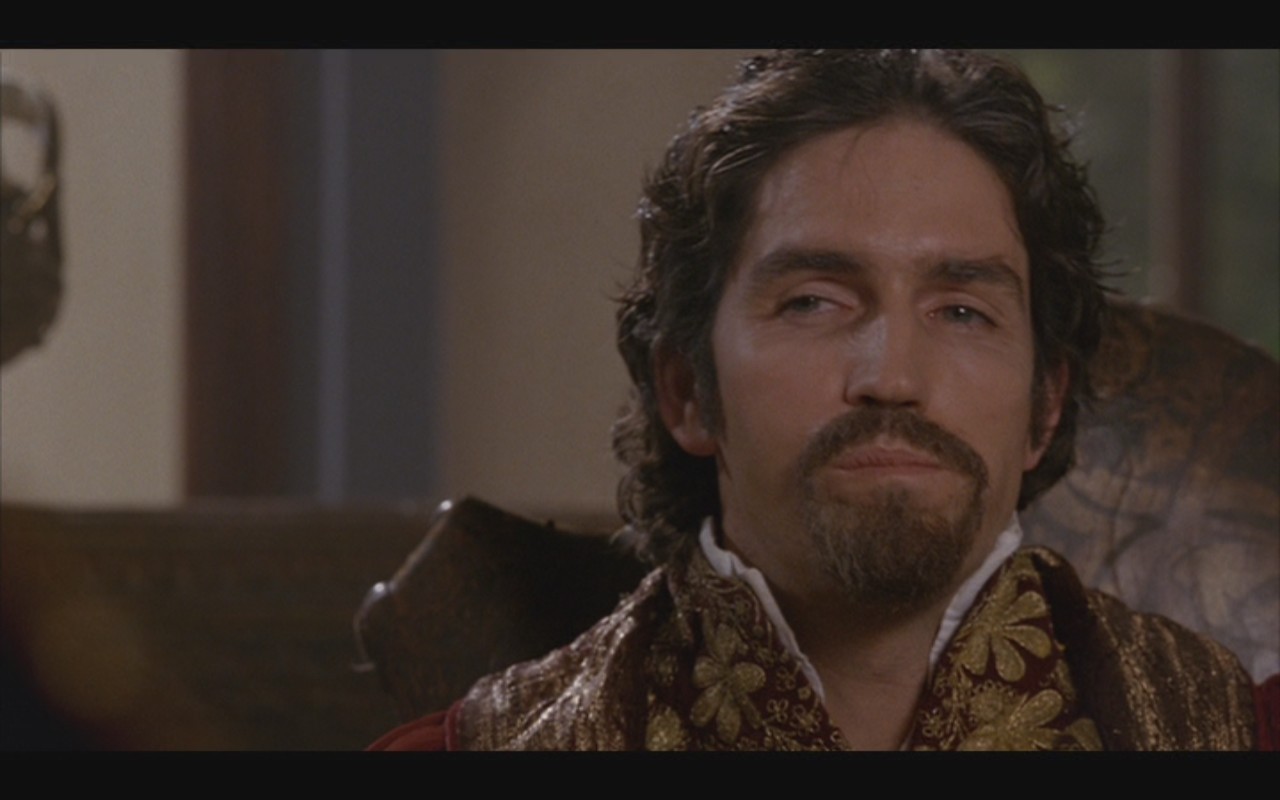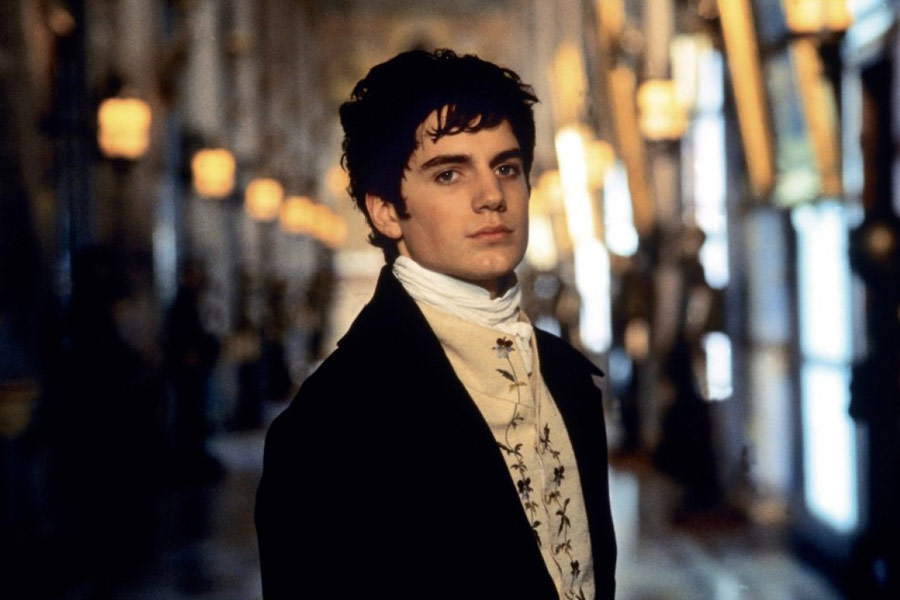

I speculate what the story of the Count of Monte Cristo would have been, if written by a Buddhist. If we accept the law of cause and effect, that all actions have consequences, won't our hurtful actions also have negative consequences to us? However, I would assert that we make our own lives harder when we take violent action to hurt others in return for injury we have recieved. When government does not function to protect the citizens, when social institutions fail, often we take matters into our own hands. The Count of Monte Cristo was written at a time when life was very hard and very harsh in many ways, not unsimilar to our own times. Rather than grieving our loss when we are harmed, we vow vengence and take action. Righteous anger assumes that there are not consequences to all of our actions that eventually balance things naturally. Revenge assumes that we must put things right, balance the scales of justice. Righteous indignation is an exciting feeling, and has become one of the few acceptable public emotions.

I think some of this can be attributed to the national addiction to anger. There have been at least 4 or 5 remakes in the last decade, each reasonably popular and successful. But watching this version made me think about why our culture is fascinated with the story. I've always been bothered by the protagonist's obsession with revenge. I am not a fan of the story, having read the book as a youngster.
#The count of monte cristo henry cavill movie
I rented this movie because a client wanted a coat made like the one Napoleon wears.

Obsession with Vengence: A Paradigm for Modern Life


 0 kommentar(er)
0 kommentar(er)
